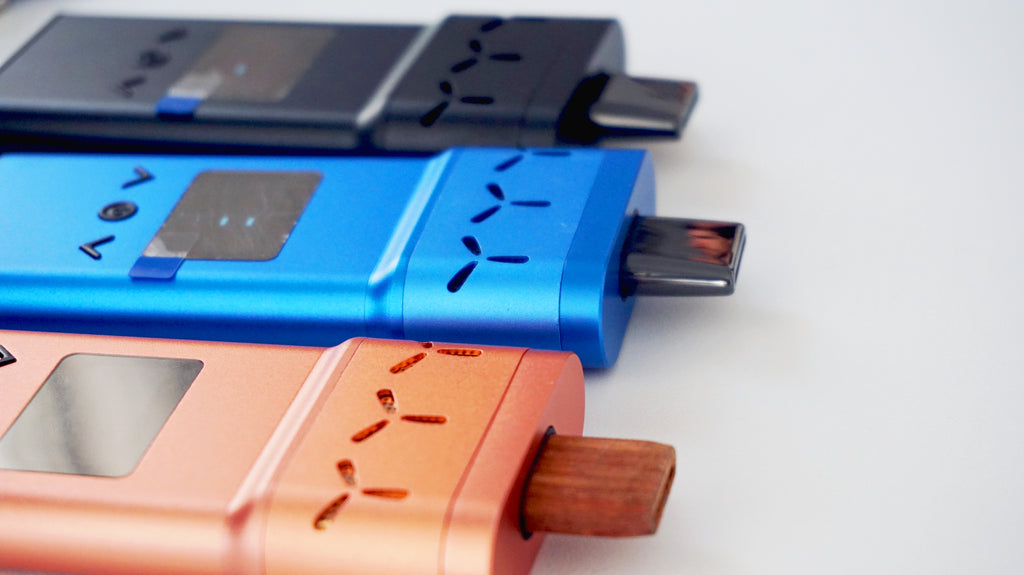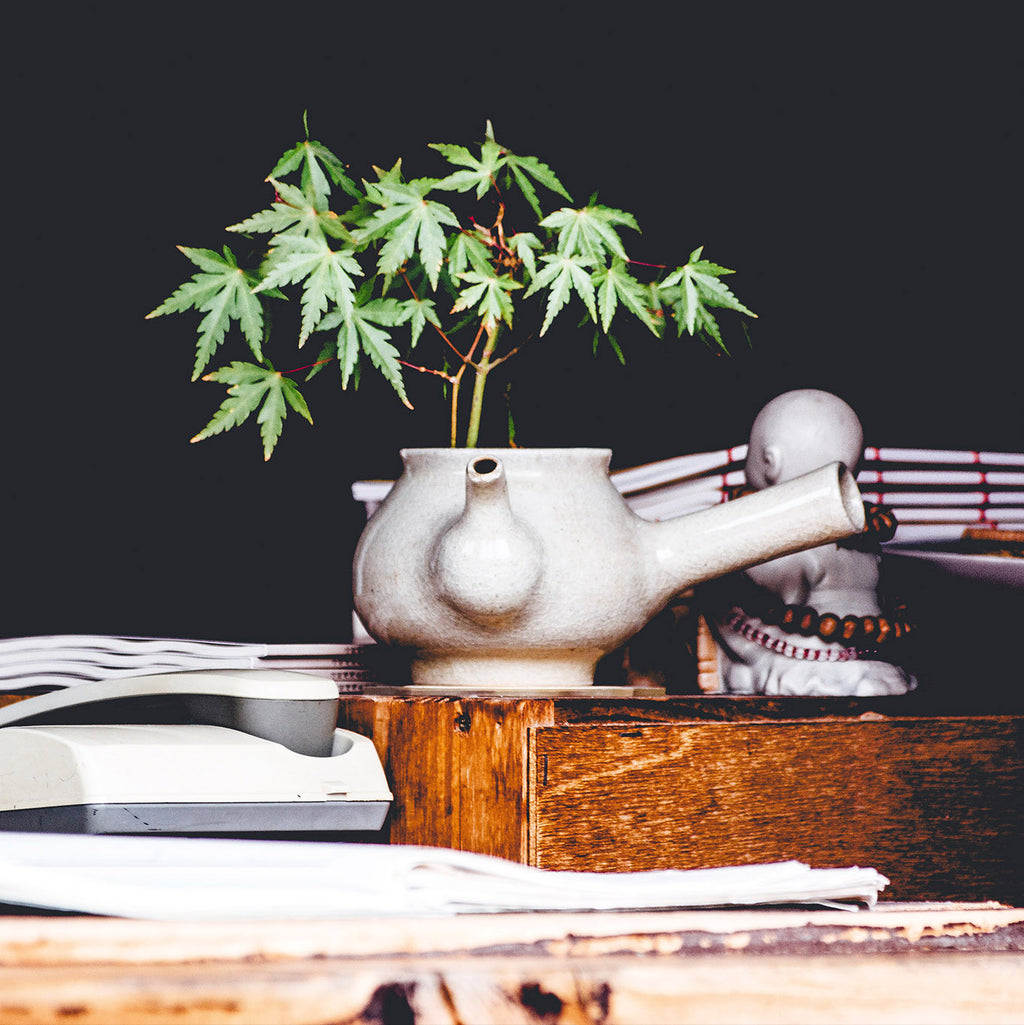CBD vs THC: What’s the difference?
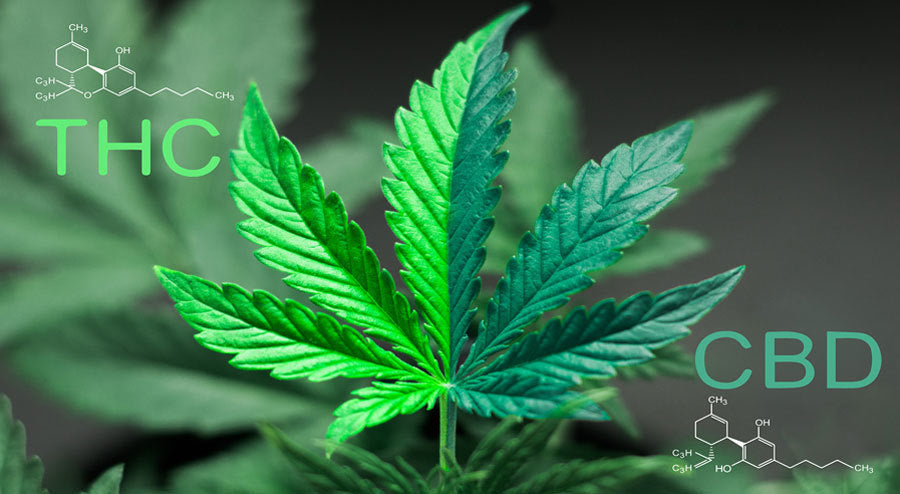
Loose-leaf has been used for its medicinal benefits and for recreational enjoyment for several thousand years. A key denoting factor about plants/herbs is that once its medicinal properties were discovered, there was little enquiry about the properties that allowed it to have medicinal use. In modern day, knowledge, equipment and interest towards discovery, research and enquiry have led to a deeper understanding of not only loose leaf and its impact but also of us and our thirst for knowledge and our grit to overcome any and all obstacles.
Dry herb, despite its proven medicinal properties, is not well researched for either medicinal or recreational use. However, from the amount of research that’s currently available, we do know that of the many constituent compounds of loose leaf, Tetrahydrocannabinol (THC) and Cannabidiol (CBD) are the most commonly found. While we have known of THC, mostly due to its psychoactive (the “high” feeling) properties, CBD is not only overlooked in the medical context, but its legality is a question mark as well. Hence, we delve into CBD, how it was discovered, its uses, legality and other relevant topics while understanding how or if it can be a substitute for THC and if it is better than THC in some regards.
What is CBD, really?
CBD is a relatively new discovery, having been discovered by Robert S Cahn in 1940. CBD and THC have the same configuration: 21 carbon atoms, 30 hydrogen atoms, and 2 oxygen atoms. The only difference is that the way their atoms are aligned is different, because of which they behave differently. For recreational users, CBD means that the “high” feeling they associate with loose leaf ceases as CBD is a non-psychoactive compound.
History
As mentioned earlier, CBDs chemical characteristics were discovered by British chemist Robert S Cahn. After initially recognizing and researching the partial structure of the compound, Cahn identified the full structure of CBD in 1940. This paved the way for further research about the properties of CBD. Two years later in 1942, Roger Adams was the first person to isolate CBD, while also contributing heavily to THC research. Due to the nature of his research and the timing of it (this was a few years after the ban of marijuana in the United States), there were significant obstacles (he was at one point accused of being a communist and a Nazi sympathizer) to his ability to research, but Adams worked through it and made important revelations anyway.
Dr Robert Mechaulum, an Israeli scientist, is also heavily credited in researching CBD and was instrumental in our understanding of the effects CBD has after he successfully understood the stereochemistry of CBD (which very, very basically means how the atoms are arranged and how different types of arrangements make an impact on their function) in 1962. Two years later, he did the same for THC, after which further research into THC commenced.
While significant research was done in this period, due to the legality of loose-leaf and the obstacles faced by researchers, there was little to no discovery or knowledge that was acquired until California legalized loose leaf for medical purposes.
The legality of CBD and THC
In terms of recreational use, THC is the component that is most associated with the “high” you get when you smoke/vaporize dry herb, while CBD does not cause such a high, which is why strains that are supposed to be “milder” tend to have a higher concentration of CBD.
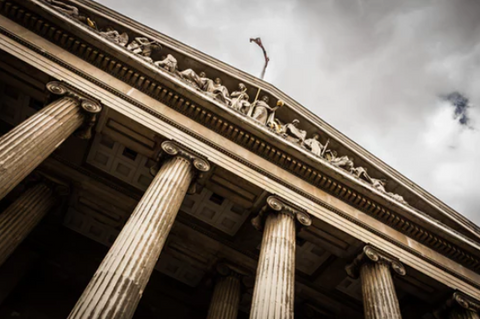
However, when it comes to medical use, things become a little more complex. CBD is legal federally, but it must be extracted from hemp and not from cannabis. THC can only be extracted from cannabis (at least for the concentrations required) and is hence federally banned. Some states have both CBD and THC legalized, and while one would expect things to be smooth sailing for CBD usage, it's a grey area because of the stipulation that CBD must be extracted from hemp. Most law enforcement officials don’t really know the difference between hemp and cannabis, hence incorrectly assuming hemp to be cannabis, which has led to several sticky situations like the confiscation of CBD oil and the arrest of farmers transporting hemp from one place to another (hemp is also legal for industrial purposes).
Medical use
Before understanding the positive and negative effects of loose-leaf, we must understand how CBD and THC react with the brain. Our brains have cannabinoid receptors that interact with loose leaf components and change/help maintain different functions in our body. There are two receptors: CB1 and CB2. CBD doesn’t react with CB1 receptors directly, while THC interacts with both receptors. THCs interaction with CB1 is how we get “high”, while the lack of direct interaction of CBD with CB1 is why CBD doesn’t lead to a high feeling.
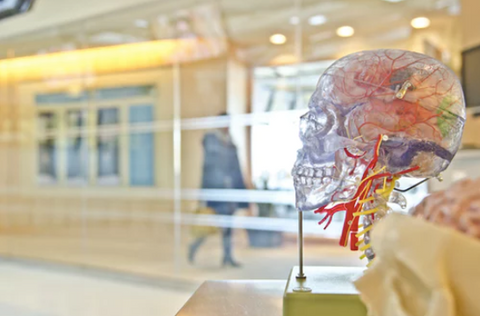
Our brains have Cannabinoid receptors that interacts
with different compounds of loose leaf
Interactions with these receptors are also why our bodies react so positively to loose-leaf when it comes to medical ailments. CBD and THC are used to treat medical issues like:
Insomnia: While several studies conducted on the efficacy of CBD in treating insomnia has seen many cases of improved sleep, many studies point towards several cases where the consistency of improvement fluctuates after the first month, which means that while the likelihood of improving your sleep by using CBD is high, there’s also a good chance you might just not see any change.

THC & CBD are helpful in treating insomnia,
but CBD is inconsistent and THC helps treat sleep apnea too
THC, on the other hand, while providing the same benefits of CBD, also helps patients who have difficulty breathing during sleep (sleep apnea) and is a stronger sedative than CBD, hence being more effective and consistent and also more likely to be prescribed in cases of insomnia.
Seizures: CBD has found to be extremely effective in treating epileptic seizures, particularly among children. Take the case of Charlotte Figi, a small child who was having nearly 50 seizures every day despite all the medication that was administered to her to combat the problem. After learning about CBD and the positive effects it could have on her condition, her mother started using CBD oils as a hail mary last resort to see if there would be any effect.
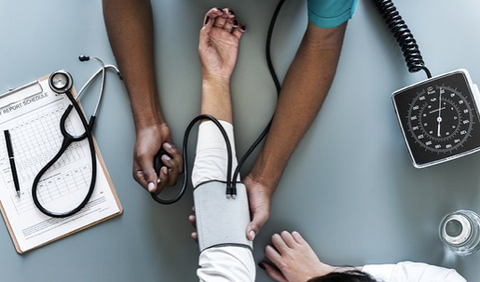
Loose-leaf is incredibly effective for treating patients
who suffer from epileptic seizures
The aftermath was stunning: The frequency of Charlotte’s seizures reduced from over 300 a week to barely 2-3 “nocturnal” seizures every month. This came as a revelation to the medical community. Several research papers were published and it was found almost unanimously that CBD is very beneficial for epileptic and seizure patients. On the contrary, there isn’t as much evidence of THC having anti-epileptic properties, with successful testing being limited to animals. Further research will need to be conducted to reach conclusions on the effectiveness of THC.
Arthritic Inflammation: While most testing for the medical use of loose-leaf towards reducing inflammations has been limited to lab tests on animals, most studies have found positive results of CBD oil for treatment of arthritis. On the other hand, THC has been proven to work very well for patients suffering from multiple sclerosis and the muscle spasms that people with MS routinely suffer from.
Anxiety: Both THC and CBD are extremely effective in treating cases of anxiety. However, given the psychoactive nature of THC, anxiety is also a side effect of THC usage and CBD as well, albeit on a smaller scale.
Improves heart health?

People with a history of heart disease should probably
withhold from indulging in a toke
Actually, no. Loose-leaf, in general, is bad for people with a history of heart related disorders and conditions, with people who’ve survived a heart attack more likely to succumb if they smoke a doob. There’s tons of misinformation regarding loose leaf and how it is beneficial to people with heart defects, and that’s very dangerous advice. Stay away from pot if there’s a history of heart issues in the family.
Side effects
Side effects are an area which people don't speak about often. While the green has several medical benefits, there are a significant number of symptoms that one should be aware of before delving into THC and CBD as viable medical treatments.THC and CBD, while generally beneficial for anxiety and depression, can also increase the number of blood thinners in your blood, cause nausea and dizziness and sometimes not work effectively for your symptoms (insomnia, arthritic pain etc), not to mention that some people actually experience anxiety and feelings of depression as a side effect.
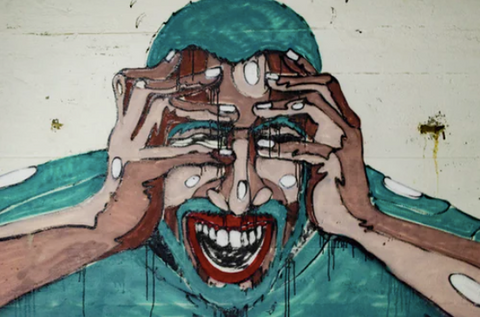
While loose-leaf helps reduce symptoms of anxiety and depression,
it can also cause it and nausea and dizziness
Hence, it's very important to consult a doctor about which CBD oils and treatments to use as the CBD industry is, unfortunately, not very well developed or regulated, but it’s also under-researched, a chronic bottleneck that continues to plague people who need the medical benefits of the dry herb.
However, the tide is turning, with several states considering legalizing loose-leaf. 33 states already have it legalized medically while several others have it decriminalized. With Illinois joining the ranks of the 10 legalized states and the possibility of New York and New Jersey also legalizing sometime in 2020, the pickings look good for the people in the “for” fence” of things.

